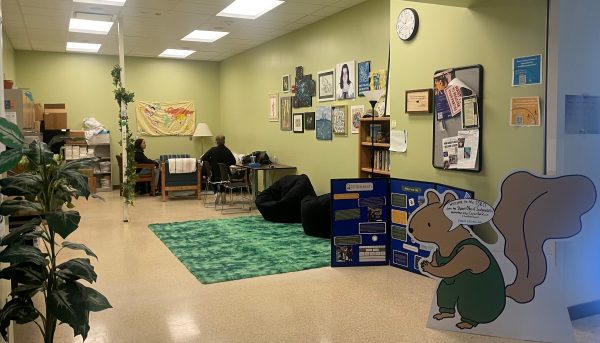$750,000 grant awarded for research
Receiving a $750,000 five year grant from the U.S. Department of Energy is somewhat like winning the scientific lottery.
Matthew Jewell of the materials science department hit that jackpot this summer, receiving a grant to do research with undergraduate students for five years. A typical grant lasts only two to three years, so receiving one of this size and for this long of a period is significant, Jewell said.
“That’s going to give us an opportunity to create a sustainable research program and really impact a lot of student researchers,” he said.
The professor and various students in the research group will spend the next five years enhancing superconducting magnets.
Superconducting magnets are used in MRI equipment. The magnetic field is what allows doctors to capture images of body tissue. They are also used in research on atoms. To use the magnets, they must be cooled to very low temperatures.
In recent years, that cooling process has changed, Jewell said. They are now able to be cooled with liquid nitrogen, which is more abundant and cheaper than liquid hydrogen, which was previously used.
What hasn’t been explored, and what Jewell and his team are focusing on, is how magnets react to the nitrogen superconductor. Their research will show how to change the magnets to make them more resistant to cracking and breaking, senior materials science major Jason Luhmann said.
“It’s feasible that you can make better magnets, stronger magnets that last longer and are cheaper with a method like this,” Luhmann said.
Part of the research involves working with other universities. Jewell said those are still being set up, but the research team will be both sending materials out for additional testing and receiving materials for experiments. He said he hopes the experience will open doors for his student researchers.
“My hope is to expose the students to those collaborations for a good source of potential internships or jobs,” Jewell said. “And help them to network and build relationships outside the university.”
While they are still working on this round of research, though, he said students are exposed to the type of equipment scientists and engineers typically use and gain a sense of confidence through independent learning.
Maxwell Dylla, a junior materials science major, said he began working with Jewell as a freshman Blugold fellow. After helping set up a lab, Dylla transitioned into working on this project.






